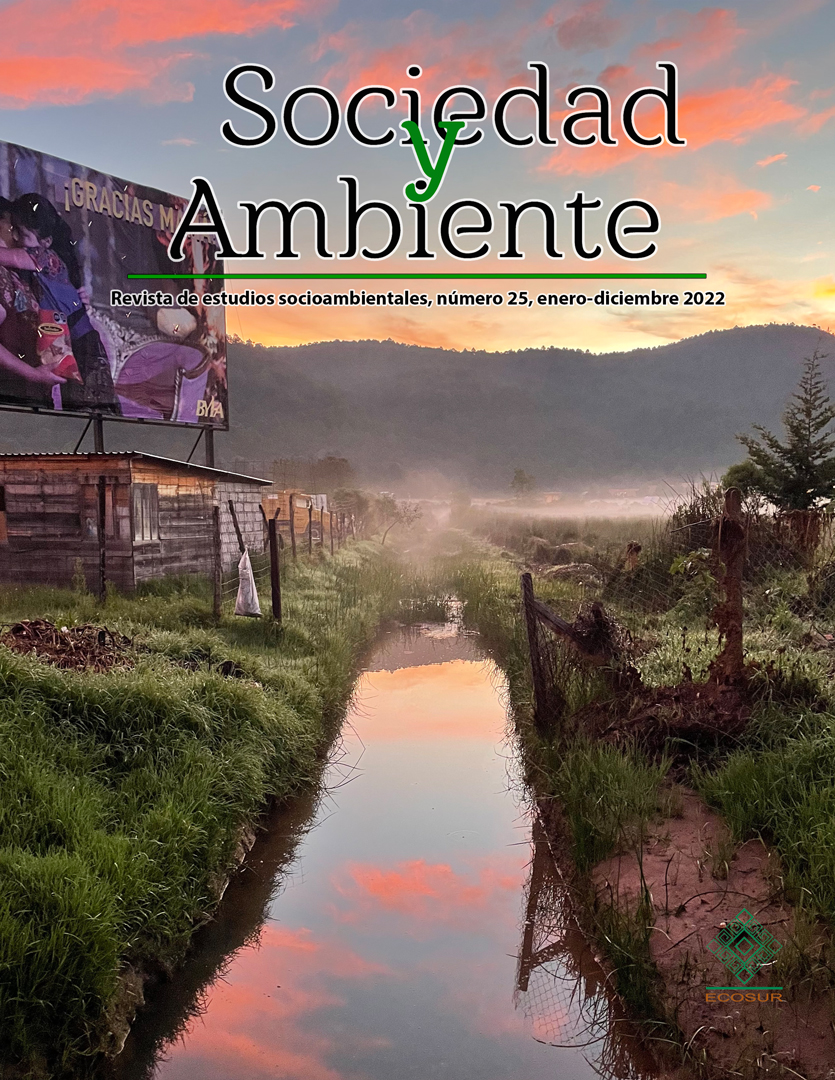Abstract
The historical process’s particularities that delineated Jojutla, Morelos’s territory, from its foundation as a colonial town to the present, have given rise to profound environmental degradation. A problem intensified in the 20th century, especially after the Mexican Revolution and the public policies implemented in the 1950s aimed at incorporating ejido and communal lands into urbanized areas, causing a sustained demographic increase, greater demand for housing and services, and changes in productive activities. One of the most apparent impacts of these transformations has been the alteration of the region’s water potential, with significant repercussions on the quality of life of the local population. Thus, the article’s purpose is to present a critical discussion about the historical construction of water, as a threat to the inhabitants of Jojutla, in terms of long duration and from an analysis based on political ecology. We performed qualitative research supported by documentary and ethnographic information collected between 2018 and 2021, whose reflections show a metabolic fracture in the dialectical interrelation between human beings and water in a scenario of increasing capitalist exploitation, with particularly negative effects on particular social groups, exposed and vulnerable.

Sociedad y Ambiente by ECOSUR is licensed under a Creative Commons Reconocimiento-NoComercial-SinObraDerivada 2.5 México License


